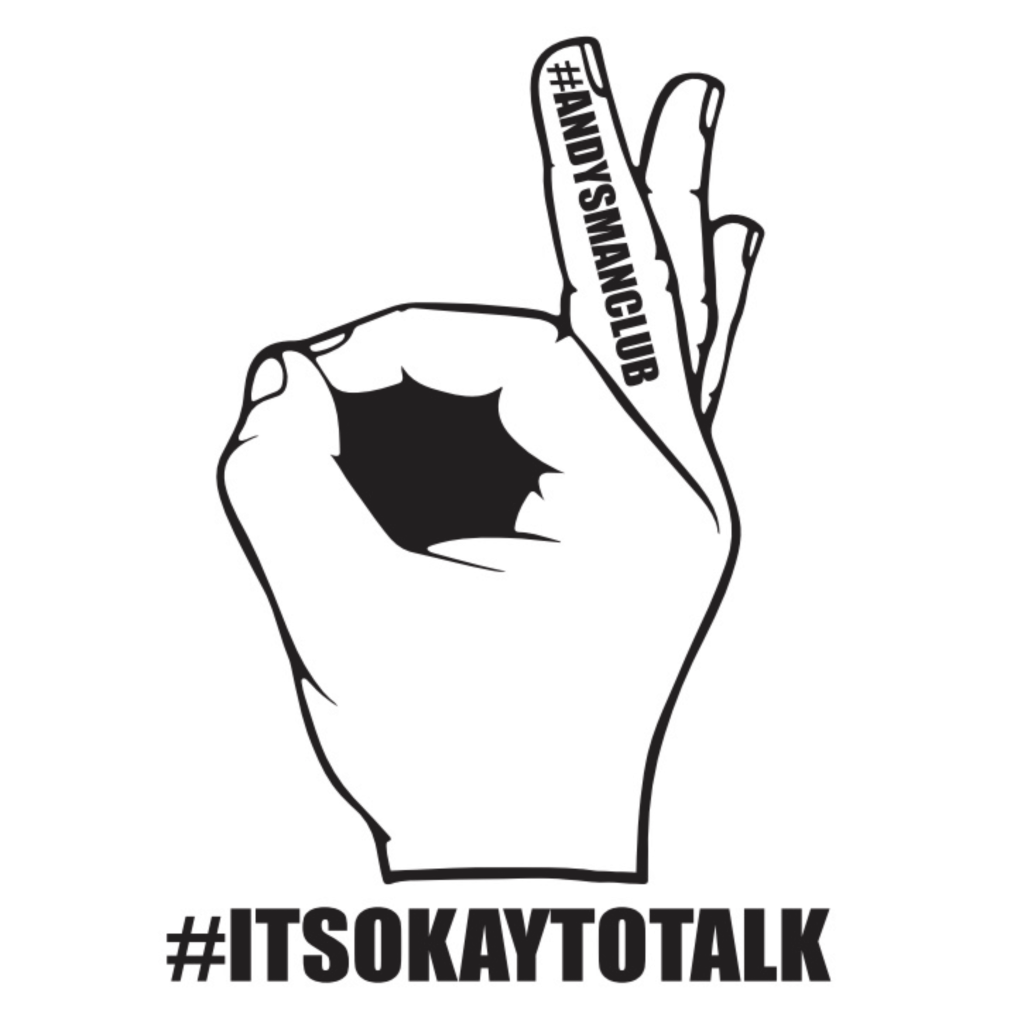Why Money Struggles Hit Men Hard
For many men, money is more than just a means of survival. It is often tied to identity, success and self-worth. Cultural expectations have long reinforced the idea that men should be providers and problem-solvers. When financial strain sets in, it does not just affect the bank balance. It can hit confidence, relationships and mental health in powerful ways.
Whether it is redundancy, debt, low income, job insecurity or the pressure to always earn more, money worries can quickly spiral into chronic stress. But financial stress is not just about the numbers. It is about what those numbers represent. For many men, money symbolises control, status or even love. So when things start to fall apart financially, it can feel like everything is falling apart.
Despite this, men are often less likely to talk about money worries or seek support. The shame of struggling financially can be overwhelming. But ignoring the emotional impact of financial stress only increases its grip.
How Financial Stress Affects Mental Health
Financial pressure can have serious psychological effects. It can fuel anxiety, depression and even lead to suicidal thoughts. Constant stress about money puts the nervous system in a state of hyperarousal, leaving men feeling wired, irritable or exhausted.
Common emotional and behavioural effects of financial stress include:
- Sleep problems or insomnia
- Constant worry or obsessive thinking about money
- Feeling trapped, hopeless or ashamed
- Withdrawing from social situations due to embarrassment
- Arguments with partners or family members
- Avoidance of bills, letters or financial conversations
- Increased use of alcohol, drugs or other unhealthy coping strategies
Financial stress also damages self-esteem. Many men link their sense of worth to their earning power. When income drops or debts build, men may feel like they have failed as providers. This belief can cause deep internal shame, even when the situation is out of their control.
The Pressure to Provide
The idea that men must be strong, dependable and financially stable is deeply ingrained. For some, this pressure starts in childhood and continues into adulthood. While many men want to be responsible and capable, these expectations can become a heavy burden.
If a man loses a job or cannot provide financially, it can affect how he sees himself. He may stop seeing his value beyond what he earns. This can create a vicious cycle of shame, secrecy and silence.
In relationships, financial stress often goes unspoken. A man may hide his anxiety or downplay the severity of the situation. Over time, this secrecy can erode trust and increase emotional distance with loved ones.
Rethinking Success and Value
One way to ease the emotional toll of financial stress is to challenge the belief that money equals worth. Yes, financial stability is important, but it is not the only measure of success. Men have value beyond their income.
Success can mean showing up for your kids, being emotionally available to your partner or getting through a tough day without giving up. Financial pressure is real, but it does not define your character or potential.
Therapy can help men explore these beliefs and start building a more balanced view of themselves. It offers space to question the internal rules that say “I am only worth something if I earn enough.”
How Therapy Can Help with Financial Stress
Therapy is not a solution for money problems, but it is a powerful tool for managing the emotional impact they create. Talking to a therapist can help men understand how financial stress affects their mood, self-worth and relationships.
A therapist can help:
- Address shame and guilt linked to money struggles
- Explore beliefs about masculinity and financial responsibility
- Develop healthier coping strategies for stress and anxiety
- Improve communication with partners and family
- Build confidence and resilience to face financial uncertainty
At Men’s Therapy Hub, we connect men with therapists who understand the unique challenges of financial pressure. Whether you are dealing with job loss, debt, or just feeling overwhelmed, therapy can provide a lifeline.
You are not alone in this. Your worth is not tied to your wage. And support is out there.















